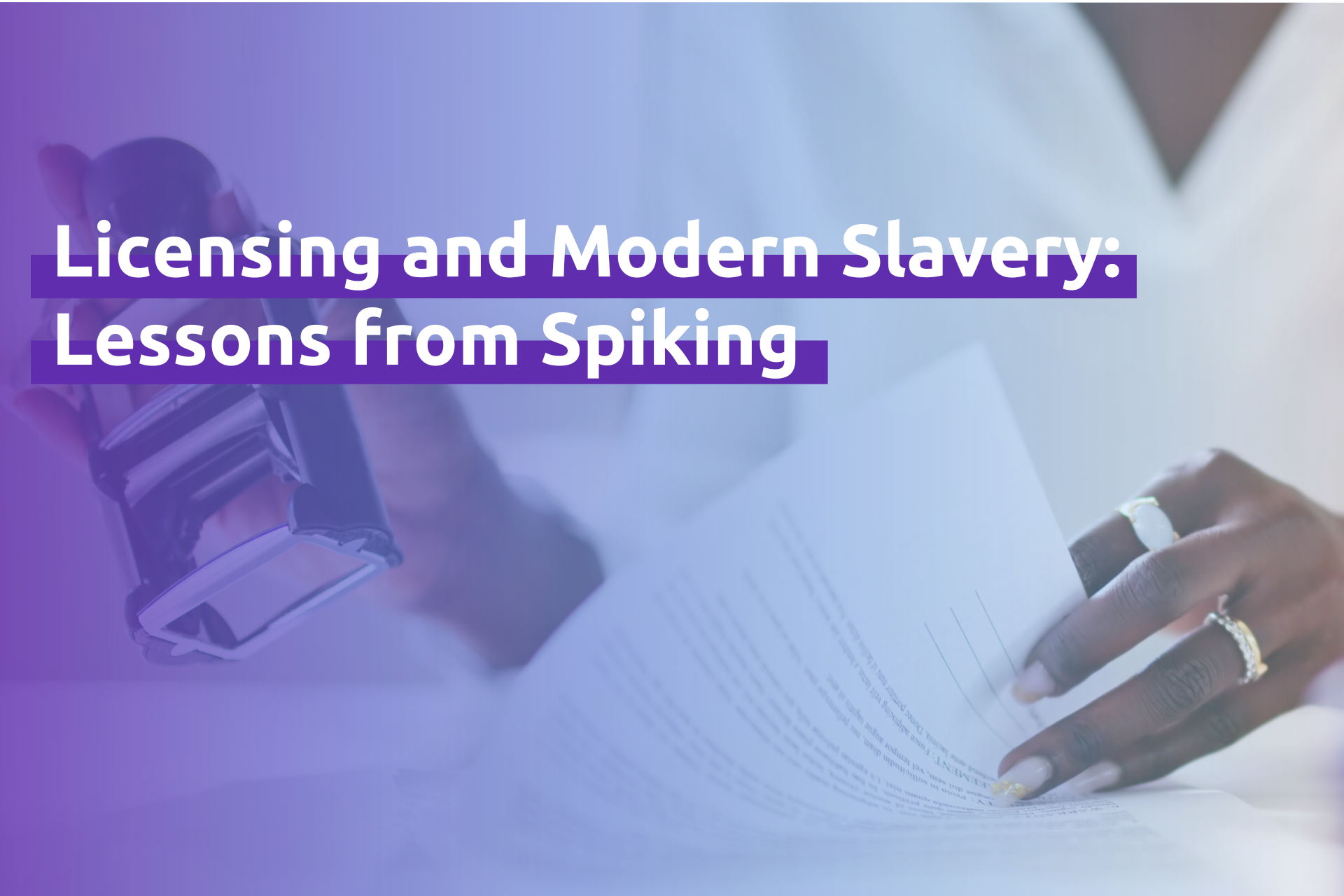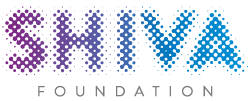
In recent years, the UK has witnessed a troubling increase in needle-spiking incidents, a phenomenon that gained widespread attention starting in late October 2021. According to a Home Affairs Committee Report on spiking, needle spiking appears to be a unique issue to the UK, with 499 out of 525 reported incidents occurring in 2021. Shockingly, the National Police Chiefs’ Council (NPCC) reported a staggering 1,032 cases of needle injection between September 2021 and December 2022, with a peak in incidents coinciding with the start of the university year. By January 26, 2023, this number had increased to 1,382 incidents. Additionally, Sky reported that nearly 5,000 spiking incidents were reported to the police within a year, with needle spiking slightly surpassing drink spiking in reported cases.
Efforts Nationally to Tackle the Issue
In response to the growing concern surrounding spiking, the Home Affairs Committee made several recommendations to the government. Of particular significance for this article is the recommendation cited in Paragraph 59 (iii) of their report, which called for a review of guidance issued under section 182 of the Licensing Act 2003. This review would aim to require licensing authorities to consider the prevalence, prevention, and reporting of sexual harassment, misconduct, gender-based violence, and spiking in licensed premises. Following this consultation, the Home Office expressed its commitment to exploring additions to the section 182 guidance to explicitly address spiking in licensed venues.
Efforts Across Various Local Authorities
Local authorities across the UK have also taken proactive measures to combat spiking incidents. Here are some great examples:
- Local Government Association Guidance: The Local Government Association (LGA) has provided guidance to all licensing authorities on responding to spiking allegations. This guidance offers a brief overview of spiking, suggests preventative actions for licensed premises and licensing authorities, highlights best practice case studies, and includes a checklist for licensing authorities to consider.
- City of Westminster Training: The City of Westminster is offering free training in anti-sexual harassment and vulnerability to businesses and venues. This training is part of their Women’s Night Safety Programme and covers topics such as spiking, sexual harassment, sexual assault, vulnerability, alcohol, and drugs.
- Hull City Council’s Stop Spiking Pledge: Hull City Council has implemented a Stop Spiking Pledge, inviting bars and hospitality establishments to sign up. Those who participate receive a starter kit from Safer Hull Partnership, which includes testing kits, drink covers, posters, and staff training.
- Milton Keynes Council’s Drink Protectors: Milton Keynes Council is distributing 10,000 drink protectors to clubs and bars in Central Milton Keynes. These foil drink protectors, known as ‘StopTopps,’ make it harder for predators to spike drinks and can be used on various bottle and glass sizes.
- Ask for Angela’ Initiative: Originally developed by Lincolnshire County Council, the ‘Ask for Angela‘ initiative allows individuals who feel uncomfortable or unsafe in a social setting to discreetly ask for help from venue staff. This scheme has been welcomed by various councils as a collaborative effort to protect people during nights out.
- Wave Training: Additionally, many councils are promoting WAVE training, a free initiative developed by the Metropolitan Police. The Welfare and Vulnerability Engagement (WAVE) program aims to enhance the skills and knowledge of those working in licensed premises to identify vulnerability and intervene appropriately to ensure people’s safety.
Drawing Parallels and Looking Forward
The proactive response to the rise in spiking incidents through licensing frameworks and teams demonstrates the potential of these mechanisms to address pressing social issues. Much like the efforts to combat spiking, tackling modern slavery requires a multifaceted approach that involves both national and local authorities.
With this objective in mind, we are excited to announce the upcoming launch of our report: ‘Understanding the Potential of Licensing Frameworks and Teams to Tackle Modern Slavery in the UK’. The report is divided into three sections, exploring how existing licensing officers and frameworks remain an untapped resource in the fight against modern slavery:
- Strengthening National Licensing Guidance: This section explores ways to enhance national licensing guidance to prevent modern slavery across the UK and offers recommendations for the national government.
- Updating Local Licensing Policies: Section 2 delves into how local councils can update their licensing policies to directly address modern slavery and provides recommendations for local council leadership.
- Building Awareness and Capacity: The third section emphasizes the importance of raising awareness among licensed businesses and building the internal capacity of local licensing teams to effectively address modern slavery in their daily operations. It offers suggested activities for local licensing enforcement teams.
The response to the spiking crisis offers valuable lessons for addressing modern slavery through licensing frameworks and teams. By adopting a similar proactive approach and drawing from the experiences of tackling spiking, we can work collectively to combat modern slavery and create a safer and more just society.


